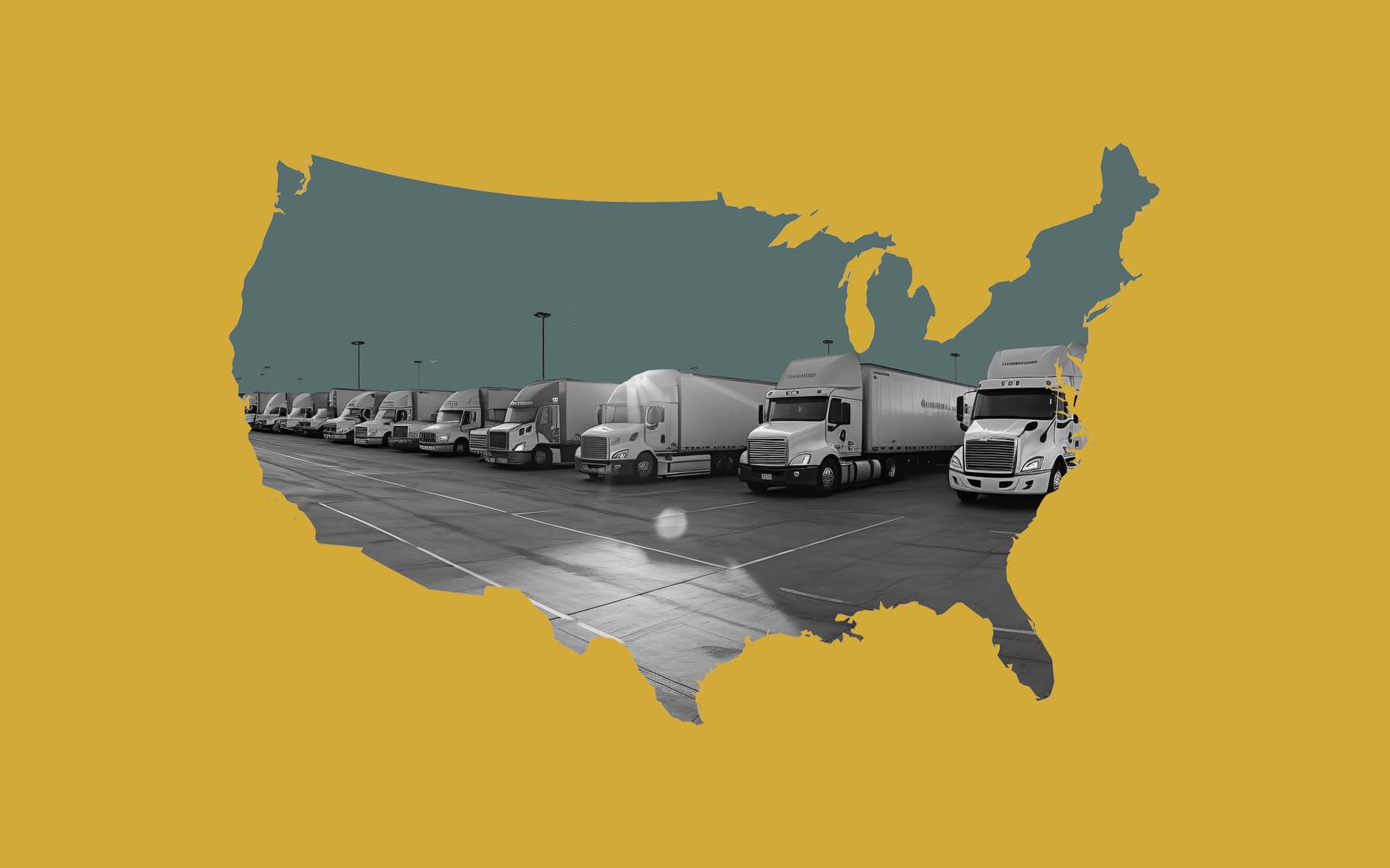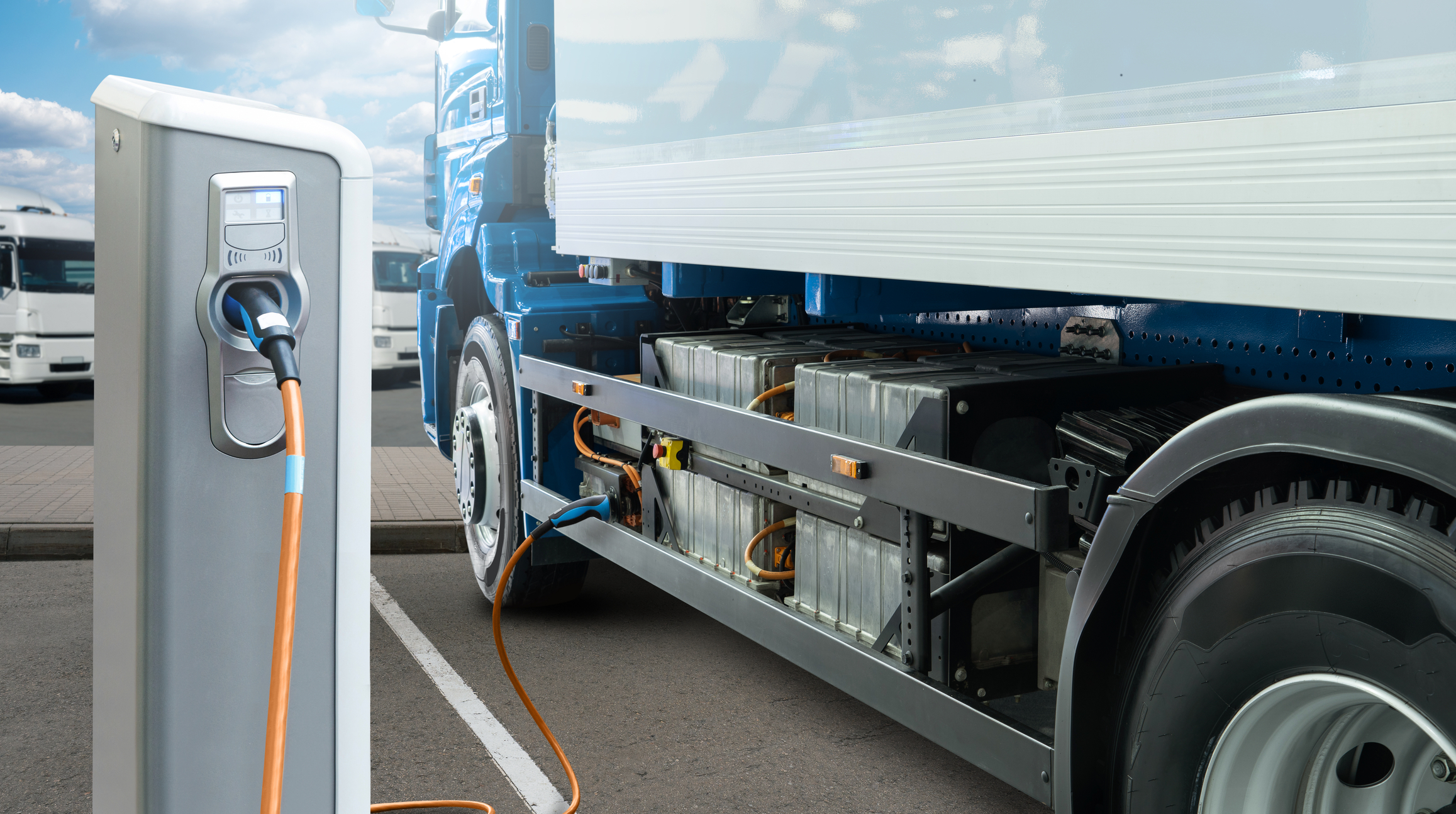California, Texas, and Florida are where the biggest electric truck deployments have been, accounting for over 16,500 electric trucks in total, up from almost 10,200 a year ago. The biggest increases in electric truck deployment have been seen in Georgia, which went from 671 electric trucks a year to 2,329, and Maryland which went from 465 to 2,508 electric trucks deployed.
The data release comes weeks after the U.S. Senate voted to kill rules aimed at increasing the number of electric trucks, following lobbying by major truck manufacturers, such as Volvo and Daimler, and the oil & gas industry. Truck manufacturers have also been undermining the rules across states which adopted the regulation first established by California. Several states, including Massachusetts and Oregon have blamed truck makers for delays they were forced to make to the implementation of the rules.
Calstart’s biannual report, Zeroing in on Zero-Emission Trucks, warns that “policy uncertainty” surrounding the rules has helped slow the rate of growth in electric truck deployment over the past year – going from 3% of overall truck deployment in 2023 to 2.3% last year.
The slower adoption of the new technology is prompting concerns that the US will be left behind on trucking innovation and that the trucking industry will be forced to continue paying high diesel prices. New figures show China is successfully weaning itself off diesel trucks, with electric trucks making up 22% of light-duty commercial vehicle sales and 15% heavy duty truck sales in April, according to Bloomberg. Europe saw a steep drop of 17.7% in diesel truck sales and a jump of over 50% in electric truck sales between January-April this year, according to industry figures.
The Calstart report also points out that high upfront costs of electric trucks is hampering growth. An assessment by the California Air Resources Board (CARB) found that electric trucks in the US cost up to $94,000 more than in Europe.
Despite the problems, US businesses and industry stakeholders are continuing to push to support electric truck adoption. The American Association of Port Authorities last week wrote to the Senate warning that a cut to funds linked to anti-pollution will kill equipment and infrastructure innovation at the ports. Meanwhile the Port of LA said it will continue to invest in clean trucks, with plans to offer purchase vouchers for vehicle owners and expand public charging infrastructure.
Quotes:
Guillermo Ortiz, Senior Clean Vehicles Advocate, NRDC
“The deployment of over 50,000 electric trucks is proof that progress is possible—even when powerful polluters try to block the road. Communities, businesses, and innovators are moving forward because clean trucks mean cleaner air, lower fuel costs, and a future worth driving toward. The question now isn’t whether zero-emission trucks can succeed—it’s whether our leaders will stand with the future, or with those trying to drag us back.”
Craig Segall, Senior Policy Consultant
“The U.S. doesn’t have to stick with a freight system that’s dirty, old, and tied to diesel prices – as these reports show. Electric trucks are just better, and our geopolitical partners are charging ahead. It’s time for big truck companies to stop messing around with lobbyists and delays in the DC swamp – and instead partner with ports, fleets, and drivers to get affordable zero emission trucks on the road and fast.”
Mary Peveto, Co-Executive Director, Neighbors for Clean Air, an Oregon-based organization
“These reports highlight the growing momentum for clean freight across the U.S. – a momentum driven not by federal leadership, but by communities, ports, and forward-thinking businesses that refuse to wait. This progress is happening despite, not because of, many elected officials who have been swayed by aggressive lobbying from major truck manufacturers seeking to weaken life-saving clean truck standards. Truck manufacturers must stop obstructing progress and instead join forces with advocates, public leaders, and impacted communities to harness and accelerate this powerful movement toward zero-emission freight. If they fail to do so, policymakers must stop siding with entrenched industry interests and urgently invest in the infrastructure, regulations, and bold leadership necessary to get clean trucks on the road and toxic diesel out of our lungs.”
Katherine Garcia, Clean Transportation for All Campaign Director, Sierra Club
“Calstart’s newest report shows that demand for clean trucks continues to surge. U.S. fleets are adopting a wide variety of zero-emission vehicles, including cargo vans, step vans, refuse trucks, and yard tractors, and are eager to switch to zero-emission trucks to reduce their operational costs and meet environmental commitments. Unfortunately, too many corporate interests have lobbied against life-saving state standards; we’re starting to see policymakers cave to this industry pressure, resulting in an uncertain regulatory landscape and status quo polluting trucks that have burdened our communities for decades. Congress is also threatening to kill the tax credits and federal investments that are spurring clean truck manufacturing jobs in the U.S. and benefiting truck fleets. We need truck manufacturers and legislators to resist the firm hold of the fossil fuel industry and instead help accelerate the market to zero-emission trucks.”

